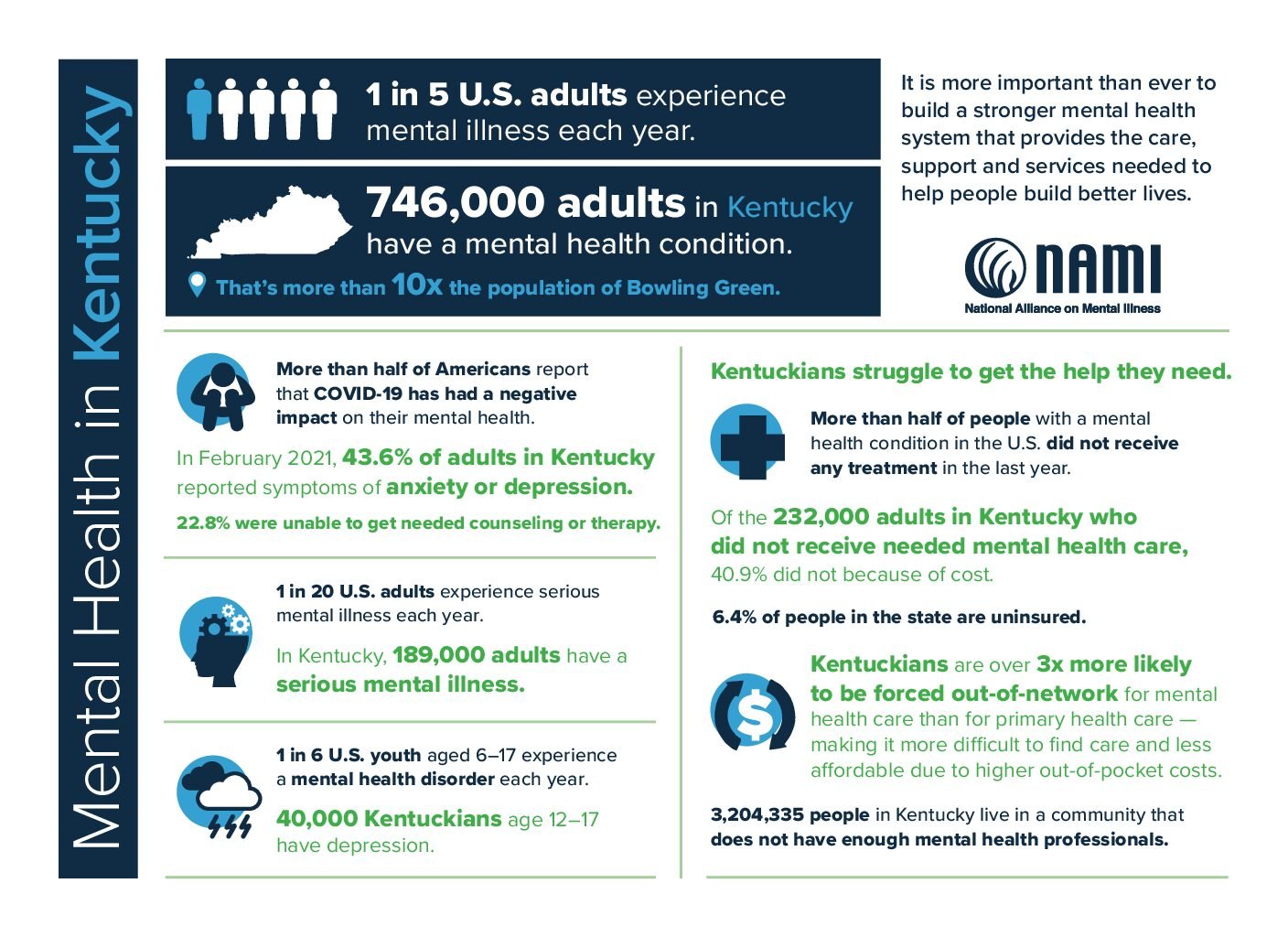Kentucky Secretary of State Michael Adams discussed removal of ineligible voters from Kentucky’s voter rolls, the need to update pay for poll workers and other matters during a visit to Henderson on Thursday.
Adams, who is the state’s chief election official, told Henderson Rotarians that his office has removed nearly 700,000 voters from the rolls since he took office in 2020, saying they were mostly “people who moved away or passed away. It’s a good thing to do with the voter rolls.”
In a news release in March, Adams announced that his office has removed 671,292 voters he said were ineligible, including 255,484 who were deceased.
In February alone, the release said the state removed 231,110 voters, of which 225,311 were inactive, 5,122 were deceased, 348 had registered to vote in other states, 231 were felony convicts, 38 were adjudged mentally incompetent, 33 were duplicate registrations and 27 voluntarily de-registered.
Of the 225,311 inactive voters removed, 99,168 were Democrats, 95,732 were Republicans, and 30,411 were registered under other affiliations.
In all, he said the state has removed approximately one-fifth of the 3 million registered voters from when he took office in 2020.
The ability to purge nonresident voters from the rolls was enhanced by passage of House Bill 574 in 2021, which also made it easier to vote such as by creating three days of early in-person voting, including a Saturday, with no excuse required.
Last year, the group Kentuckians for the Commonwealth filed a federal lawsuit challenging the legality of voter removal under HB 574. Adams, a Republican, on Thursday defended the bill, noting that it passed with broad bipartisan support and was signed by Gov. Andy Beshear, a Democrat.
Adams lauded an executive order signed last month by President Donald Trump to make Social Security databases available to state and local election officers to help confirm the eligibility of registered voters. “Social Security is the best master death file in America … We’re wanting to try to get access to that,” he said.
Adams lamented a lack of knowledge among citizens about elected officials. “The average Kentuckian does not know the name of a single local official or a single legislator or the number of branches of government,” he said, suggesting that schools take up the cause.
Meanwhile, Adams said, “The best thing for elections is, we need more money.”
“Thirty years ago, when I was a poll worker in McCracken County, I was paid $100” for working on election day, he said. “Guess what we pay poll workers today in McCracken County? $100.
“I’m working with the Trump administration and I’m working with Congress to make sure we have enough money coming in” to better compensate poll workers, Adams said.
He also advocated to change how county clerks are compensated for election work, from the number of precincts in their county—which he said can be arbitrarily inflated—to the number of voters.
Meanwhile, Adams said voters and election workers are getting a break in 2025.
“The best thing about elections right now is, we’re not having any,” he said. “(Henderson County Court Clerk) Renessa (Abner) needs a year off, voters need a year off and election workers need a year off.”
Turning from election matters, Adams touched on his office’s role as the keeper of registrations of Kentucky businesses and other entities.
“I had nothing to do with it, but this has been a good four years for Kentucky’s economy,” he said.
During the Covid-19 pandemic, many Kentuckians started their own businesses, and many have kept them going. The number of business registrations is growing by some 20% per year, he said.
Adams in January launched Kentucky Businesses Against Trafficking to raise awareness of human trafficking among the business community.
“There are an estimated 28 million victims” of illegal labor trafficking or sex trafficking in the U.S., he said. “In Kentucky, 2,500 people have been identified, confirmed, as victims of human trafficking” since 2007.
Adams is seeking to partner with businesses to post flyers in restrooms, airports, hotels and elsewhere on how to spot signs of human trafficking.
According to the National Human Trafficking Hotline, someone may be a victim of human trafficking if they:
- Appear submissive, fearful, or nervous.
- Lack control of identification documents or money.
- Have an inconsistent or well-rehearsed story about where they live, the relationship with the person they are with or how they traveled to the current location.
- Dress inappropriately for the weather, their location or age.
- Are in the presence of an overtly controlling or concerned friend or boyfriend/girlfriend.
- Possess multiple hotel key cards, prepaid credit cards or cellphones.
- Show signs of physical, mental or emotional abuse.
- Seem unable to come and go as they please.
During a question-and-answer session, two Rotarians praised Adams for his work to make voting more accessible, and Adams and Abner commended one another.


























